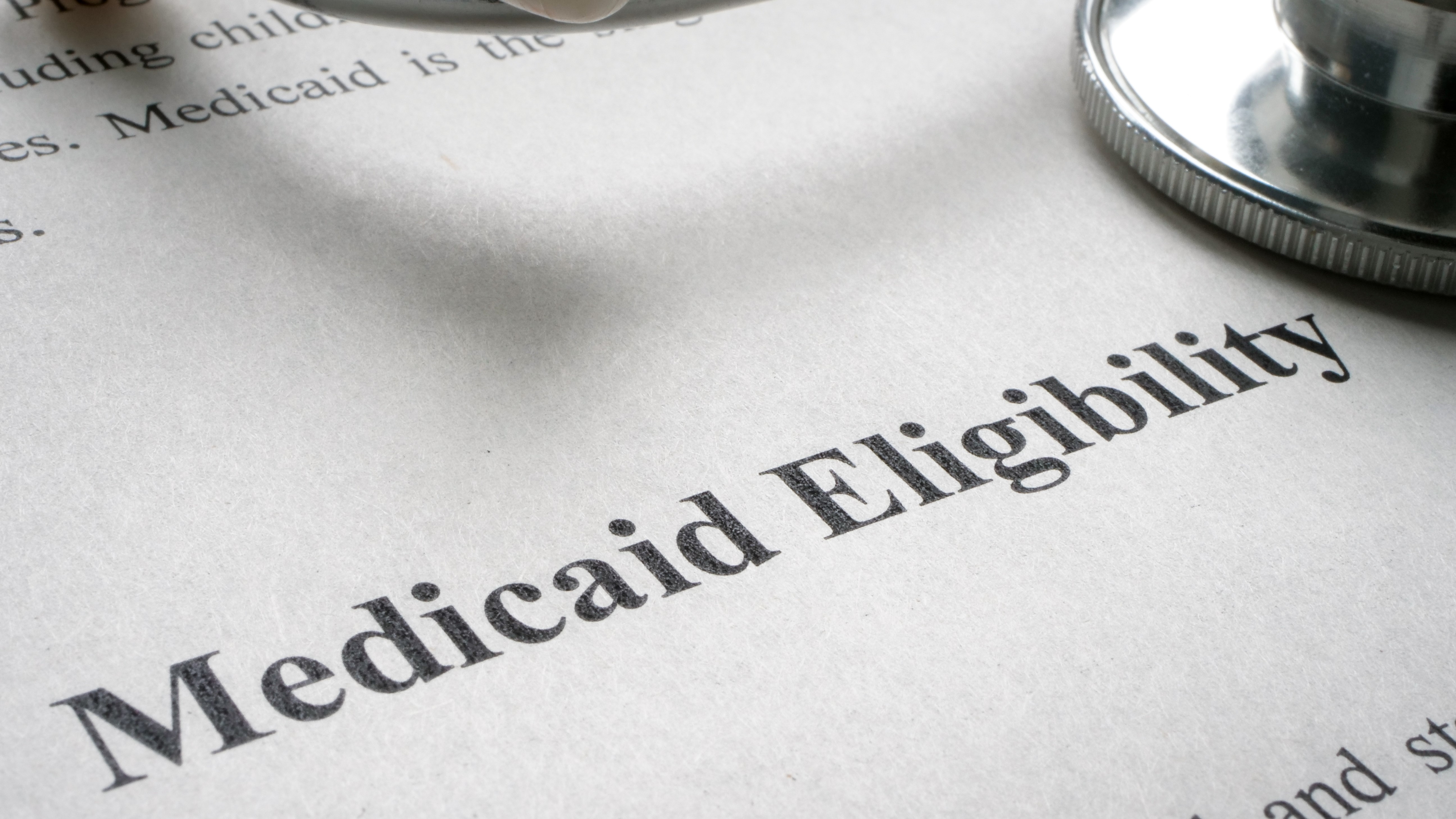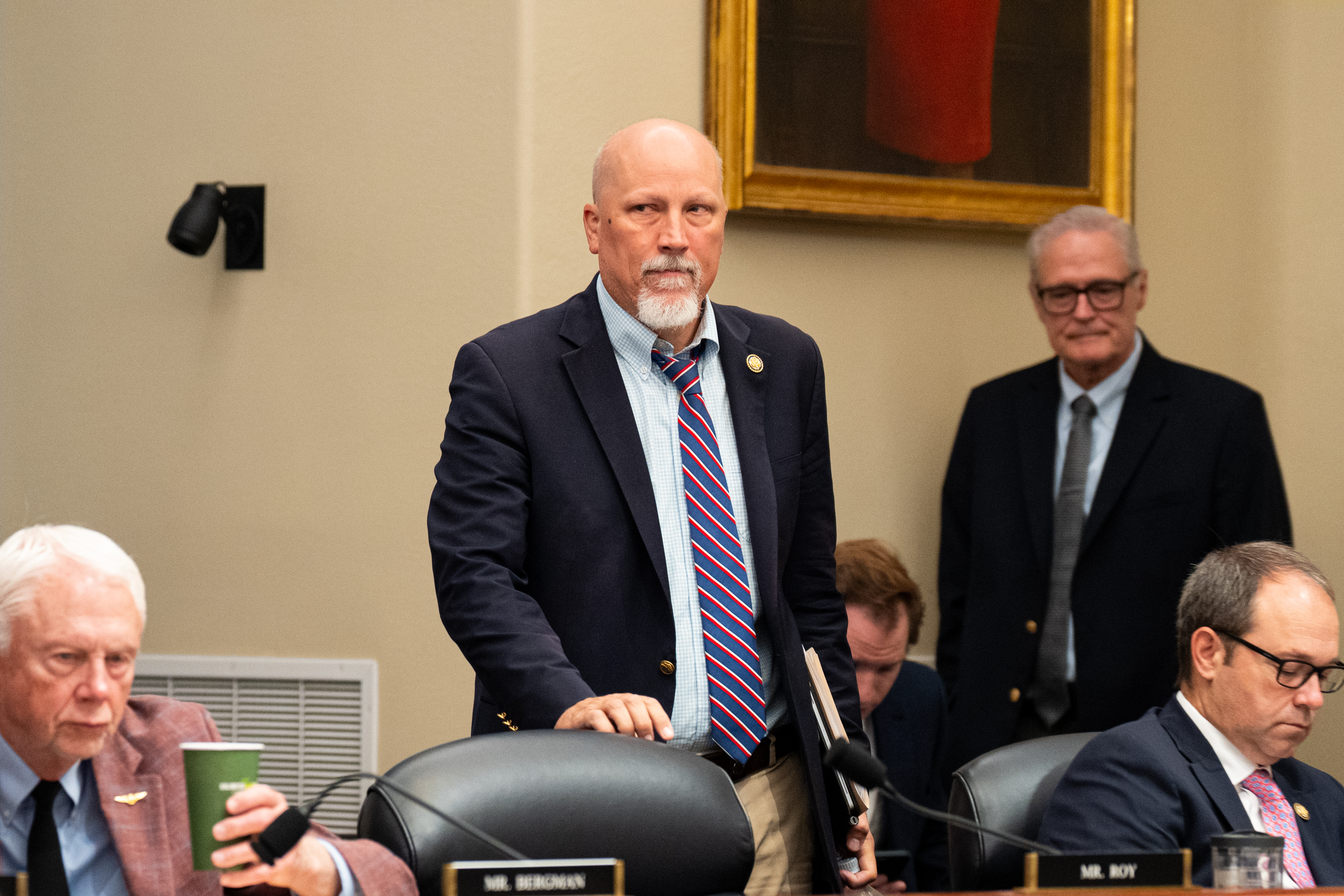Trump's Tax Plan: Medicaid Cuts to Fund $4.9 Trillion?
Trump's $4.9 Trillion Tax Plan: A Medicaid Gamble?
Introduction: The Trump Tax Tsunami Returns?
Remember the tax cuts from the Trump era? Well, they might be making a comeback. House Republicans are proposing a massive $4.9 trillion tax plan that echoes, and expands upon, the previous administration's policies. But hold on a second, because like any big plan, there's a 'but' lurking. The bill aims to extend and sweeten these tax breaks, but at what cost? That's where Medicaid, food stamps, and even green energy programs come into the picture. Are we talking about Robin Hood in reverse?
"THE ONE, BIG, BEAUTIFUL BILL": Trump's Signature?
The House Ways and Means Committee, in a move seemingly ripped from a Trump rally script, has dubbed the package "THE ONE, BIG, BEAUTIFUL BILL." Catchy, right? It's a clear nod to Trump's style and priorities. The core of the bill focuses on extending the tax cuts approved during his first term, along with some tempting new goodies like increased standard deductions, expanded child tax credits, and heftier estate tax exemptions. So, what's the catch?
The Tax Breaks: Who Wins?
Let's break down the juicy bits. The proposed plan includes:
- Extending Trump-era tax cuts.
- Boosting the standard deduction.
- Increasing the child tax credit.
- Raising the estate tax exemption.
These measures primarily benefit higher-income individuals and corporations. Will this trickle down to the rest of us? That's the million-dollar question, isn't it?
Funding the Dream: Medicaid on the Chopping Block?
Now for the less glamorous, but equally important, part: How will all this be paid for? Here's where things get controversial. The plan proposes cuts to Medicaid, food stamps, and green energy programs. These programs serve millions of vulnerable Americans. Is it fair to ask them to foot the bill for tax cuts that primarily benefit the wealthy? Is this a sustainable funding model or a recipe for disaster?
The SALT Deduction: A Bone of Contention
Ah, the State and Local Tax (SALT) deduction. Remember that? The bill proposes tripling the SALT deduction from $10,000 to $30,000 for couples. Sounds good, right? Well, not everyone's happy. Some GOP lawmakers from high-tax states like New York and California already consider this increase "too meager." It seems that the devil is always in the details.
Private Universities: Caught in the Crosshairs?
What about education? Well, private universities aren't escaping the tax plan unscathed. The details on exactly how these institutions would be affected are still emerging. Is this an attempt to control the narrative within these institutions or simply a way to generate revenue? Only time will tell.
The Impact on Medicaid: A Deeper Dive
Understanding Medicaid
Medicaid provides healthcare coverage to millions of low-income Americans, including children, pregnant women, and people with disabilities. Cuts to Medicaid can have devastating consequences for these vulnerable populations. We are talking about access to healthcare, and it’s not a luxury, it’s a necessity.
Potential Consequences of Medicaid Cuts
- Reduced access to healthcare services.
- Increased uninsurance rates.
- Poorer health outcomes.
- Increased burden on hospitals and emergency rooms.
Imagine a scenario where families have to choose between putting food on the table and seeking medical care. These aren’t just statistics; these are real people facing real hardships.
Food Stamps (SNAP): Another Target?
The Role of SNAP
The Supplemental Nutrition Assistance Program (SNAP), commonly known as food stamps, helps low-income individuals and families purchase groceries. It's a crucial safety net that prevents hunger and malnutrition. Cutting SNAP benefits can lead to increased food insecurity, especially among children.
The Ripple Effect of SNAP Cuts
- Increased food insecurity.
- Negative impact on children's health and development.
- Strain on food banks and charities.
Can you imagine trying to raise a family on a severely restricted food budget? SNAP is not just about providing food; it's about providing hope and stability.
Green Energy Programs: Sacrificing the Future?
The Importance of Green Energy
Green energy programs are designed to promote renewable energy sources and reduce carbon emissions. Investing in green energy is essential for combating climate change and ensuring a sustainable future. Cutting these programs can slow down progress towards a cleaner environment.
The Long-Term Costs of Cutting Green Energy Programs
- Slower adoption of renewable energy.
- Increased pollution and greenhouse gas emissions.
- Negative impact on public health.
- Missed opportunities for economic growth in the green energy sector.
Is short-term financial gain worth sacrificing long-term environmental sustainability? These cuts could mortgage our children's future.
Political Fallout: The Battle Lines are Drawn
This tax plan is sure to ignite a fierce political battle. Democrats are likely to oppose the cuts to social safety net programs, while some Republicans may balk at the cost of the tax breaks. Will this bill pass? It depends on how these competing interests play out.
Economic Impact: Boom or Bust?
The economic impact of this tax plan is a subject of debate. Supporters argue that it will stimulate economic growth by incentivizing investment and job creation. Critics, on the other hand, warn that it will increase the national debt and exacerbate income inequality. Who's right? It depends on whom you ask.
The National Debt: Are We Kicking the Can Down the Road?
The elephant in the room is the national debt. Adding $4.9 trillion to the debt raises serious concerns about long-term fiscal sustainability. Are we simply kicking the can down the road for future generations to deal with?
Public Opinion: What Do Americans Think?
Public opinion on tax cuts is often divided along partisan lines. Polling data will be crucial in gauging the level of support for this plan. Will the public embrace these tax cuts, or will they reject the proposed cuts to social programs?
The Role of Lobbying: Who's Influencing the Debate?
Lobbying groups on both sides of the issue will be working hard to influence the outcome of this debate. Corporations and wealthy individuals are likely to support the tax cuts, while advocacy groups for low-income Americans will fight against the cuts to social programs. Who will have the loudest voice?
Future Implications: What's Next?
The outcome of this tax plan will have significant implications for the future of the American economy and social safety net. This is a debate that will shape our society for years to come.
Conclusion: A Fork in the Road
Trump's proposed $4.9 trillion tax plan presents a clear choice: prioritize tax cuts for the wealthy, or maintain a strong social safety net for vulnerable Americans. The debate over this plan will be a defining moment in American politics. It’s a gamble with potentially huge rewards for some and devastating consequences for others. The question remains: Is it a risk worth taking?
Frequently Asked Questions
Q1: What are the key components of Trump's $4.9 trillion tax plan?
The plan includes extending Trump-era tax cuts, increasing the standard deduction, boosting the child tax credit, raising the estate tax exemption, and tripling the state and local tax (SALT) deduction for couples to $30,000.
Q2: How does the plan propose to offset the $4.9 trillion cost?
The plan proposes cuts to Medicaid, food stamps (SNAP), and green energy programs.
Q3: What are the potential consequences of cutting Medicaid?
Reduced access to healthcare services, increased uninsurance rates, poorer health outcomes, and an increased burden on hospitals and emergency rooms.
Q4: How could cuts to food stamps (SNAP) affect low-income families?
Increased food insecurity, negative impacts on children's health and development, and strain on food banks and charities.
Q5: What are the potential environmental impacts of cutting green energy programs?
Slower adoption of renewable energy, increased pollution and greenhouse gas emissions, negative impacts on public health, and missed opportunities for economic growth in the green energy sector.

